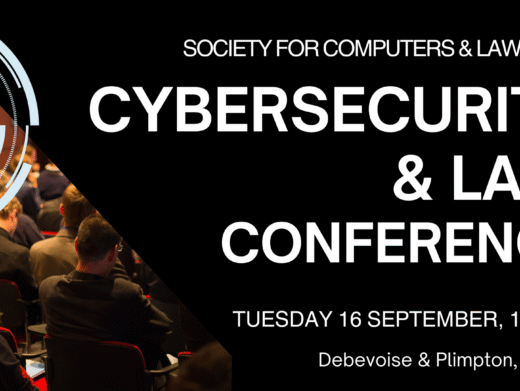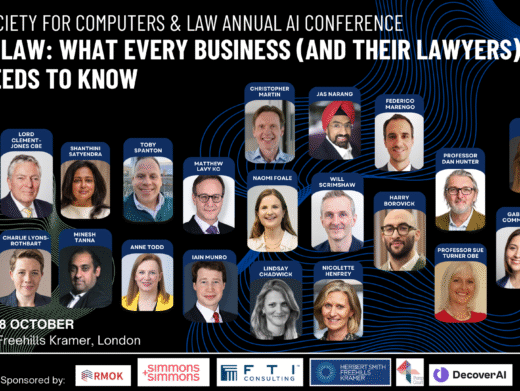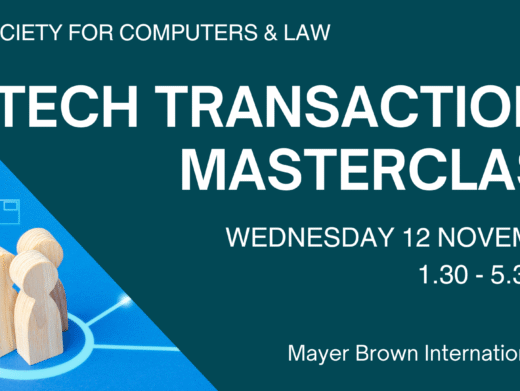The Law Commission has begun work on two new projects with the aim of ensuring that English law can accommodate two emerging technologies that have the potential to revolutionise commerce: smart contracts and digital assets.
Smart Contracts
The Law Commission plans to analyse the law relating to smart contracts, to discover gaps in the law and identify reforms, with the aim of ensuring that the law can meet the growth in the use of smart contracts.
Background
The Law Commission was asked by the Lord Chancellor to include work on smart contracts as part of its 13th Programme, agreed in December 2017. However, this was paused because, in the same period, the LawTech Delivery Panel was created, and its UK Jurisdiction Taskforce undertook to prepare a Legal Statement on the status of cryptoassets and smart contracts under English law. Following the publication of the Legal Statement in November 2019, the UK government asked the Law Commission to undertake a scoping study into the law on smart contracts.
Bringing the law up to date with smart contracts
Contracts are ordinarily written in natural language and performed by legal persons (individuals or companies) and English contract law has developed with natural language contracts in mind.
However, emerging technologies such as distributed ledgers have made it possible for the performance of contracts to be automated. These contracts, known as “smart contracts”, command performance by computational algorithms without the need for human intervention. They may take the form of a natural language contract which is executed using code, a hybrid contract consisting of natural language and coded terms or a contract which is written wholly in code. They are expected to increase efficiency, trust and certainty in business.
To ensure that the jurisdiction of England and Wales remains a competitive choice for business, and retains coherence and efficacy, there is a compelling case for reviewing the current legal framework to ensure that it facilitates the use of smart contracts. The development of technological capacity to engage in smart contracts gives rise to a range of questions, such as the circumstances in which a smart contract will be legally binding, how smart contracts are to be interpreted, how vitiating factors such as mistake can apply to smart contracts, and the remedies available where the smart contract does not perform as intended.
Terms of reference
The Law Commission and the UK government have agreed terms of reference for the scoping study. In summary, it will analyse the current law as it applies to smart contracts, drawing on the conclusions of the Legal Statement. The analysis of the law will highlight any uncertainties or gaps, particularly in relation to:
- formation and enforceability
- interpretation
- performance of the contract
- remedies
- vitiating factors.
The project will also identify areas in which further work or reform may be required, and provide such advice as the Law Commission considers appropriate on options for reform.
Next steps
The Law Commission is currently seeking initial views from business and from the technology sector, with a view to publishing a call for evidence in late 2020.
Digital Assets
The Law Commission says that trade and transactions are already extensively digitised but legislation is old (sometimes implemented more than a century ago) and this prevents businesses from adopting completely paperless processes.
For example, the reluctance of the English courts to recognise the possibility of “possessing” an intangible asset means that such assets are excluded from several significant legal processes and protections, for which possession is a pre-requisite. This means that at the moment, commercial assets are treated quite differently from a legal perspective, depending on whether they are in digital or physical/paper form. An electronic document cannot, for example, constitute a document of title under the Bills of Exchange Act 1882. This can cause considerable commercial difficulties, especially in the context of international trade finance.
The UK government has asked the Law Commission to make recommendations for reform to ensure that the law can accommodate both cryptoassets and other digital assets in a way which allows the possibilities of this technology to flourish.
To begin with, the Law Commission will consider the issue of possession, particularly with regard to documents of title, documentary intangibles and negotiable instruments. Its work will build on the conclusions of the recent Legal Statement on the Status of Cryptoassets and Smart Contracts by the UK Jurisdiction Taskforce of the LawTech Delivery Panel.
The Law Commissions plans to publish a consultation paper in the first half of 2021.




